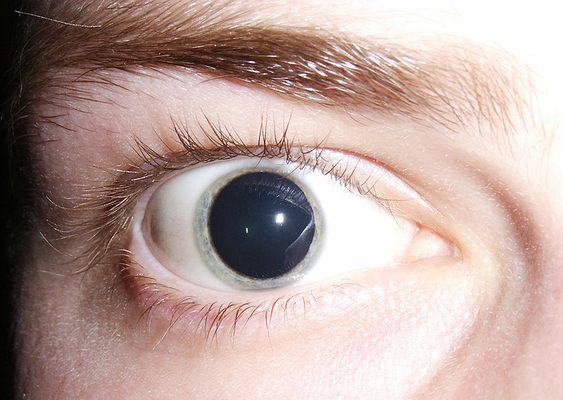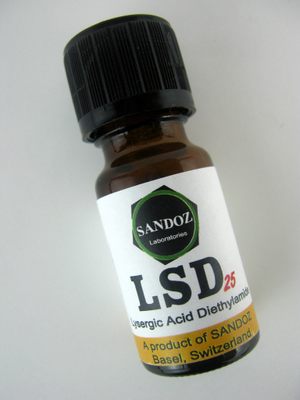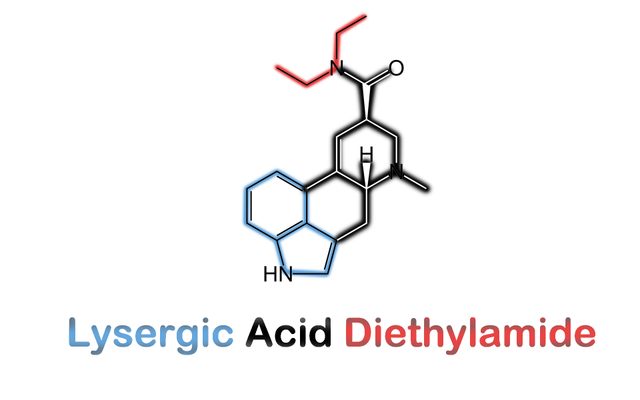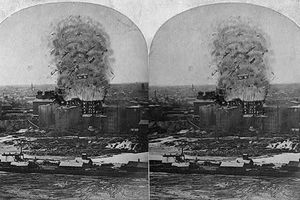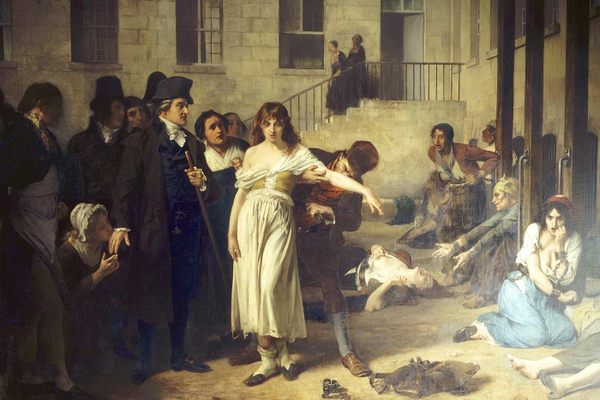About
The residents of a small French village called Pont-Saint-Esprit were having a meltdown. A sudden and severe mass hallucination seemed to be gripping the villagers, who reported seeing fire and beasts.
The hallucinations were terrifying and unexpected. One man thought he was a plane and jumped out of his window on the 2nd floor. He broke both of his legs and still managed to continue running. Someone saw himself being eaten alive by snakes. More than 250 people suffered from intense hallucinations and subsequent poisoning.
For 50 years it's been a mystery, though there are plenty of theories regarding what caused the mass mind freak. Some believed that a local baker may have inadvertently poisoned everyone by contaminating the flour with ergot, the key element in LSD. Others suggested it could have been organic mercury poisoning. But there were some who suspected there may have been a more sinister explanation.
Journalist Hank P. Albarelli Jr. explains the story of Pont-Saint-Esprit in a very different way. In 2009 he published a book called A Terrible Mistake where he said he had found a top-secret report issued in 1949 by the research director of the Edgewood Arsenal, where many US government LSD experiments were carried out. The report allegedly states that the army should do "everything possible to launch field experiments" using the drug. A Swiss chemical company, Sandoz Chemicals, which was close to Pont-Saint-Esprit and produced LSD, is reported to have said, "The Pont-Saint-Esprit 'secret' is that it was not the bread at all... It was not grain ergot." According to Albarelli, it was not a mistake made by a hapless baker, but a human mind control experiment using LSD. It was hoped that the drug could be used as a weapon; the idea was that enemies could be bombarded with the hallucinogen, which would render them helpless through mass hallucination and acts of madness. The US Army would then be free to march into enemy territory with little opposition.
Dr. Albert Hofmann, the father of LSD, was the first person to synthesize, ingest, and learn of the psychedelic effects of lysergic acid diethylamide. He also got interested in the "Cursed Bread" case and travelled to Pont-Saint-Esprit, where he confirmed the hypothesis of ergot poisoning. However, when he got back to Basel, the Sandoz Laboratories (where Hofmann worked and which introduced LSD as a drug for various psychiatric uses four years earlier) rejected the connection, which was only recently reopened with the publishing of Albarelli's book.
Related Tags
Community Contributors
Added By
Published
January 14, 2013

